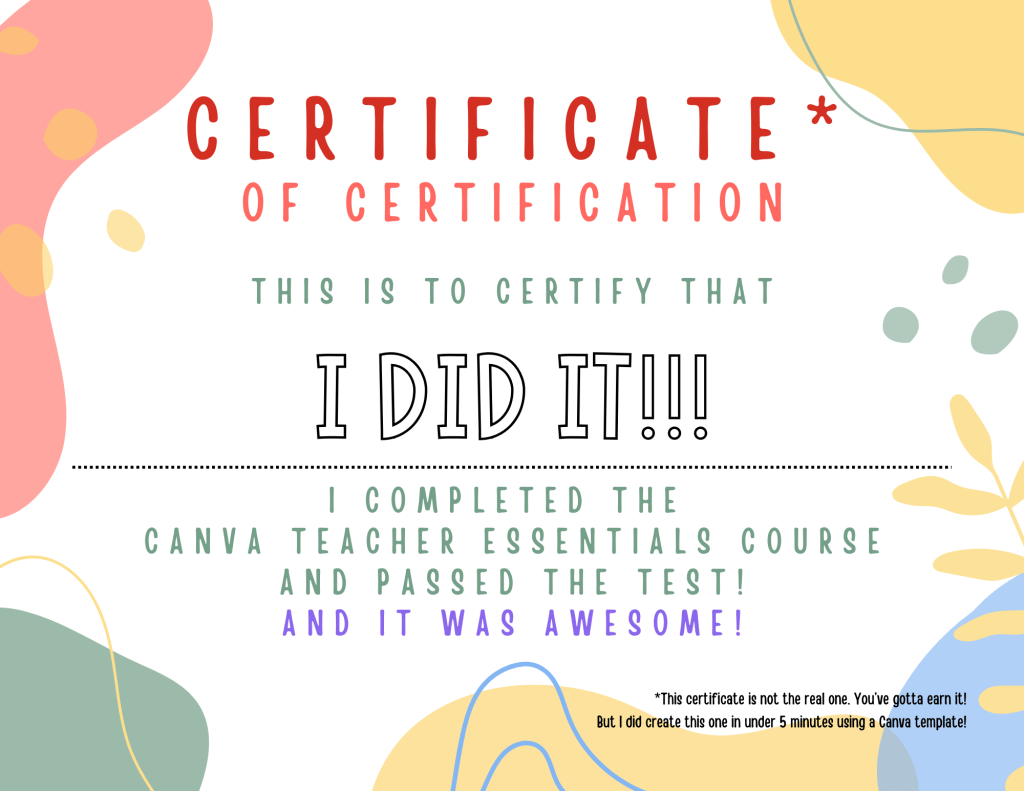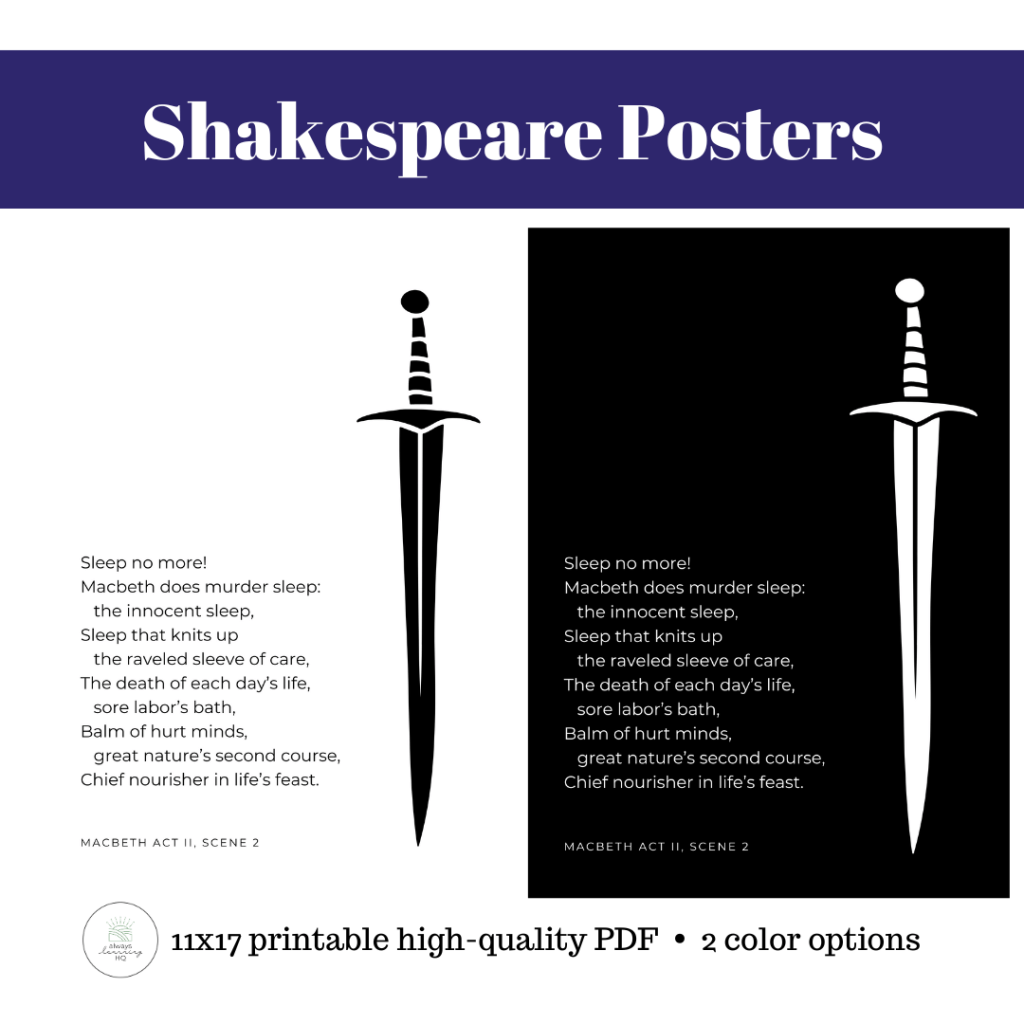
Raise your hand if you’re tired.
Put your hands down.
Raise your hand if you’re a classroom teacher who’s exhausted and can’t wait for Thanksgiving break, not because of the food or even the family and friends, but because, even if you do still have to make a seating chart, you don’t have to write a lesson plan. Probably.
I’m tired too. I was so tired last Friday night Saturday morning at 2:22, when I finally finished writing the lesson plans and updating Curriculum Trak for this week, that I couldn’t even begin to create the teaching resources I needed for said plans.
So I decided to have a late-night teacher chat with Chat—you know what Chat I’m talking about, and it’s not the one the youths refer to when conversing among themselves.
The lesson was on identifying media bias by analyzing rhetorical devices. Goodness, the fact that we have to teach students rhetorical devices to read a NEWS report is ridiculous. Remember when news reports fell into the expository mode of writing? Regardless of the section title under the masthead, we have to bring knowledge of Aristotelian appeals and a bag of rhetorical devices to figure out what’s going on because very little of what we call news is presented without bias. I miss Joe Friday.
But educate the young ones, I must, so I entered the Chat.
The first thing I asked was for Chat to bring me the five rhetorical devices that most frequently appear in online news. One of the devices was pathos, and we cover appeals separately, so I asked Chat to try again. The tweak still landed in the realm of pathos, but at least we were able to keep our terminology separate.
At this point, I usually search for a real news article or write a fictional article for students to practice identifying devices and bias. But, man, I was beyond tired. Instead, I entered this:
Take the list of rhetorical devices and write two fictitious news briefs for an analysis exercise where media literacy students in grades 9-12 annotate the reports, identifying use of these devices. [NOTE: I copied & pasted the list just to be sure Chat and I were on the same page.]
News Brief 1: Make the first a news brief about a city council voting on an annual budget and the tension between two factions. One wants to prioritize building new schools to ease overcrowding and replace aging schools that lack reliable HVAC systems and contain mold. The other wants to prioritize cutting taxes to attract industries that are considering locating factories in the area. Quote a fictitious council member on one side of the issue and a local resident on the other. Make up names for the city, schools, corporation and corporate representatives seeking to build factories, city councilor, and resident. Make the article’s bias favorable toward school improvement. Make up statistics and anecdotes that use the rhetorical devices.
News Brief 2: Write a news brief about a local college football team that paid $100 million per year to a famous professional coach to take the helm of a 7 and 5 team. Set the story halfway through the season with the team having a 1 and 5 record. A group of wealthy alumni fans wants to buy out the contract of the famous coach. A group of students wants to give the coach time to build the team. The opposing sides have clashed outside football games because the students are protesting the wealthy alumni boosters’ plan. Quote sources from each side. Give them fictitious names. Make up stats for the players and numbers for the negative financial impact of the teams losses. Make the stats realistic, but skew them with a bias toward the wealthy fans’ side of the issue. In both articles, make sure each use of a rhetorical device clearly illustrate that device’s definition.
Prompt me with any clarifications you need to create two quality fictitious news briefs.
Chat asked me to clarify a few questions, so I added the following:
- Each brief should read like a short online news story (250–350 words).
- Make the bias overt and clearly exaggerated.
- Include descriptions of imagery. Also include headlines. Do not include story placement.
- They will annotate a PDF on Notability and submit to a Schoology assignment.
Were the news briefs perfect? No
Were they sufficient for introducing these concepts to the class? Absolutely.
Did Chat give me an answer key that was super easy to use? Um-hum.
Did it take me two hours to write, revise, proof, and create a worksheet, beginning at 2:22 am on an hours-awake day that started at 5:30 am on the calendar date before? Nope.
It took about a minute for Chat to generate the briefs, five minutes for me to tweak them in a few places, and another 20 minutes for me to pop them into Canva and create a worksheet. So… 30 minutes to create a resource that I would have spent two or three hours creating previously.
Please and thank you. Let’s do that again.
When Chat rolled out, I tried it right away. It wasn’t good. Over the next couple of years, I revisited it periodically, but it never gave me what I was hoping for. Recently, though, I’ve been using it more, and I’ve been teaching others to use it too.
I’m hopeful.
I have a lot of thoughts about AI, its threats and benefits to creators who bear the image of their Creator. That’s another post—sometime, somewhere.
But for now, something has to give in education. We simply cannot keep doing more and more with less and less. So, I’m going to hang with my buddy Chat a little more frequently and aim for a full six hours of sleep a night.
Curious about the worksheet Chat and I collaborated on? It’s a free download below.
This post was 100% human-written.












